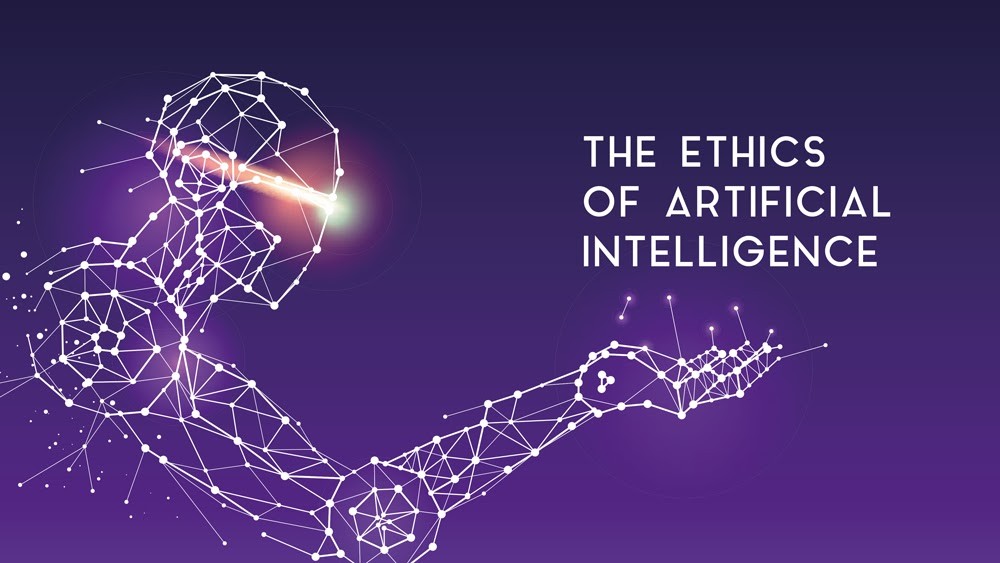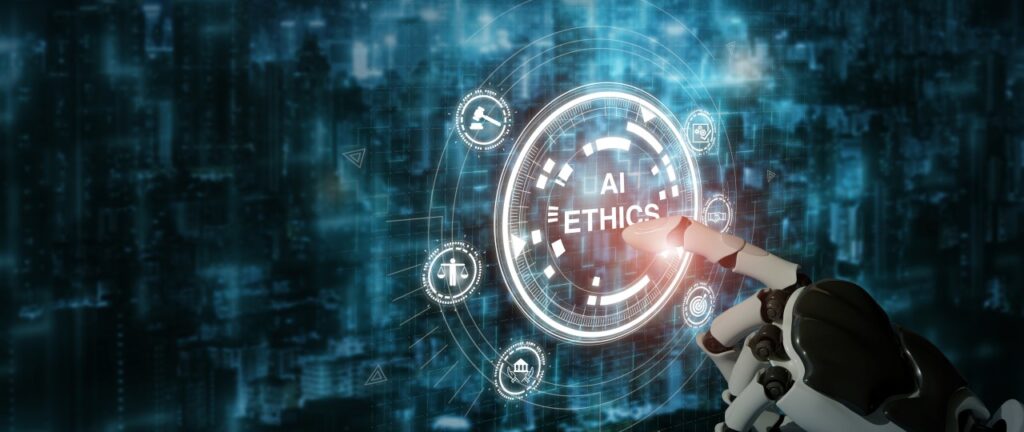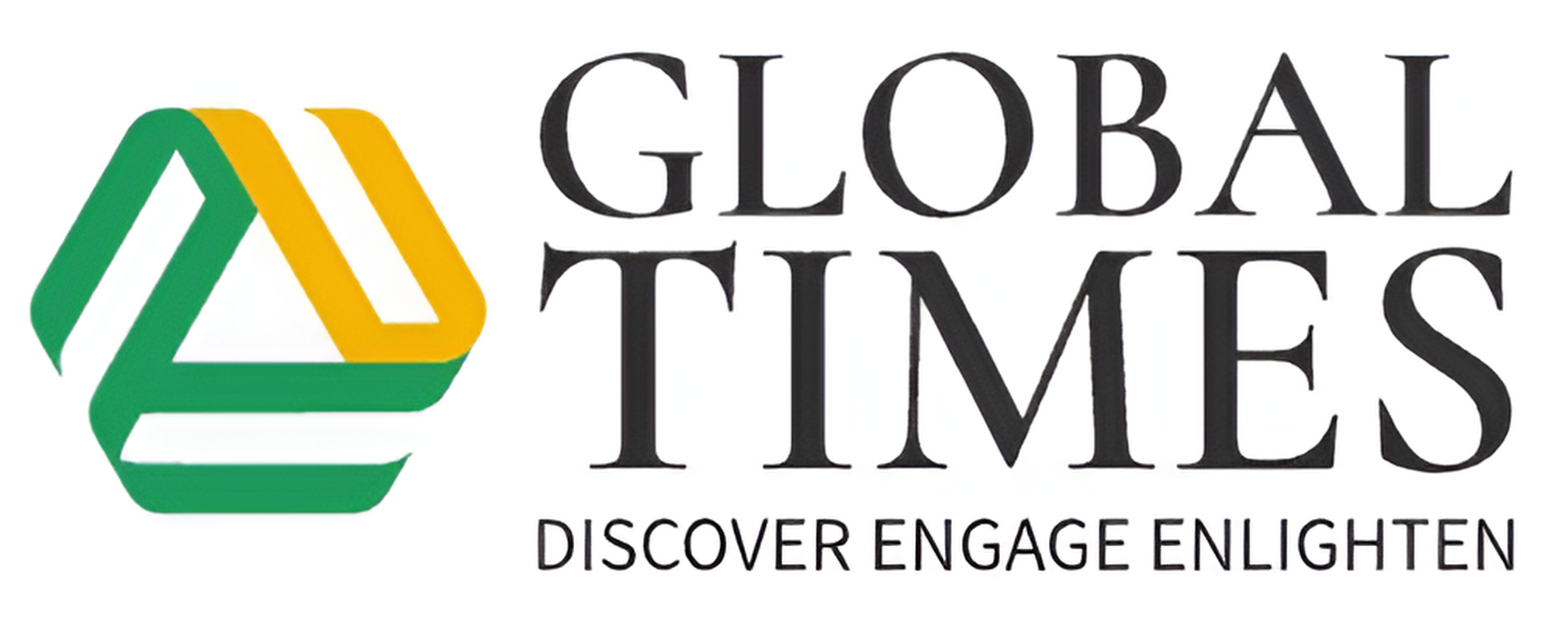Technology
Ethical Considerations in Technology Development: Balancing Innovation and Responsibility

Technology is a powerful force that continuously reshapes our world. From artificial intelligence (AI) to social media, technological advancements offer immense potential to improve our lives. However, alongside this progress lies a critical responsibility: ensuring that technological development is pursued ethically and responsibly. This comprehensive exploration delves into the ethical considerations that should guide technology development, examining the potential benefits and risks, and advocating for a balanced approach that prioritizes both innovation and human well-being.
1. The Double-Edged Sword of Innovation: Unveiling the Ethical Landscape
Technological advancements present a double-edged sword. On one hand, they offer solutions to global challenges, drive economic growth, and enhance our quality of life. On the other hand, they raise complex ethical concerns that require careful consideration:
- Privacy and Data Security: The ever-increasing collection and use of personal data by technology companies raise concerns about privacy violations, potential misuse of information, and the erosion of individual autonomy.
- Algorithmic Bias and Fairness: Algorithms used in AI systems can perpetuate societal biases, leading to discriminatory practices in areas like hiring, loan approvals, or criminal justice.
- Job Displacement and Automation: Advancements in automation threaten to displace workers in various sectors, raising concerns about unemployment, income inequality, and the need for workforce retraining.
- The Digital Divide: Unequal access to technology and digital literacy skills can exacerbate existing social and economic inequalities, creating a digital divide between those who benefit from technological advancements and those who are left behind.
- The Weaponization of Technology: The potential for autonomous weapons systems and the misuse of technologies for surveillance and social control raise ethical concerns about the potential for harm and the need for international regulations.
- The Impact on Human Well-Being: Excessive social media use, concerns about digital addiction, and the potential negative impact of technology on mental health require consideration when developing new technologies.
Real-Life Example: Facial recognition technology raises privacy concerns, with potential applications for mass surveillance and the possibility of biased algorithms misidentifying individuals.
2. Balancing Innovation and Responsibility: Core Principles for Ethical Development
To navigate the ethical landscape of technology development, several core principles should guide decision-making:
- Transparency and Accountability: Developers and companies should be transparent about how technologies work, the data they collect, and how it’s used. Accountability mechanisms are needed to ensure responsible development and use of these technologies.
- Privacy by Design: Privacy considerations should be integrated into the design and development of technologies from the outset, minimizing data collection and ensuring user control over personal information.
- Fairness and Algorithmic Justice: Efforts should be made to identify and mitigate biases within algorithms to ensure fair and equitable outcomes, regardless of race, gender, or other social factors.
- Human-Centered Design: Technologies should be developed with people in mind, prioritizing human well-being and ensuring they benefit society as a whole, not just a select few.
- Public Participation and Stakeholder Engagement: Open dialogue and collaboration among developers, policymakers, ethicists, and the public are crucial for ensuring ethical development and responsible use of technology.
- Sustainability Considerations: The environmental impact of technology development and use needs to be addressed, promoting sustainable practices and resource efficiency throughout the technology lifecycle.
Real-Life Example: Apple’s App Store review process aims to ensure apps are developed with security and user privacy in mind, showcasing one approach to promoting transparency and accountability.

3. The Role of Stakeholders: A Shared Responsibility
Ethical technology development requires a collaborative effort from various stakeholders:
- Tech Companies: Hold a primary responsibility for ensuring ethical design, development, and deployment of their technologies. They should invest in ethical AI frameworks, prioritize data privacy, and be transparent about data collection practices.
- Governments: Need to establish clear regulations and frameworks to govern AI development, data protection, and the responsible use of technology. Public investment in research on the ethical implications of technology is also crucial.
- Academia and Research Institutions: Play a vital role in developing ethical guidelines for AI development, conducting research on the societal impacts of technology, and educating future generations of engineers and developers on ethical considerations.
- Civil Society Organizations: Raise awareness about potential risks associated with technology development, advocate for ethical practices, and hold tech companies and governments accountable.
- The Public: Individuals have a responsibility to be informed about how technologies work, understand potential risks, and make informed choices about their data privacy and technology use.
Real-Life Example: The European Union’s General Data Protection Regulation (GDPR) is one example of a government initiative aimed at protecting user privacy and data security.
4. Towards a Future-Proof Framework: Embracing Responsible Innovation
Building a future where technological innovation thrives alongside ethical considerations requires a comprehensive framework:
- Investing in Ethical AI Research: Increased funding for research on the ethical implications of AI, exploring areas like algorithmic bias mitigation, fairness in machine learning, and the potential societal impact of advanced AI systems.
- Developing Ethical AI Standards: Creating international standards and guidelines for ethical AI development, promoting responsible practices across all stages, from design and development to deployment and use.
- Promoting Public Education and Awareness: Educating the public about the potential benefits and risks of emerging technologies, fostering digital literacy skills, and empowering individuals to make informed choices about technology use.
- Encouraging Open Dialogue and Collaboration: Facilitating open discussions among stakeholders, including tech companies, policymakers, ethicists, and the public, to ensure a multi-faceted approach to ethical development.
- Prioritizing Human Oversight and Control: Maintaining human oversight over AI systems, ensuring they are used for good and not weaponized or used for malicious purposes.
- Building Trust and Transparency: Tech companies need to be transparent about their data collection practices, explain how algorithms work, and build trust with users by prioritizing responsible data governance.
Real-Life Example: Several organizations are promoting responsible AI development, such as the Partnership on AI (https://partnershiponai.org/), a multistakeholder initiative focused on developing ethical AI principles.
5. The Road Ahead: Navigating the Ethical Landscape of Emerging Technologies
Several emerging technologies raise unique ethical considerations:
- Autonomous Vehicles: The development of self-driving cars necessitates robust safety measures, clear ethical frameworks to guide decision-making in the event of accidents, and considerations surrounding liability and accountability.
- Gene Editing Technologies: The power of CRISPR and other gene editing tools requires careful ethical guidelines to prevent misuse and ensure responsible applications in healthcare and research.
- Social Media and Algorithmic Bias: Social media platforms need to address the spread of misinformation, filter out harmful content, and mitigate algorithmic biases that can limit user exposure to diverse viewpoints and potentially exacerbate social division.
- The Rise of Deepfakes: The potential for creating realistic yet fabricated videos using deepfakes necessitates robust detection methods and regulations to prevent their misuse for spreading disinformation or manipulating public opinion.
Real-Life Example: Ethical debates surround the use of CRISPR gene editing technology in human embryos, raising concerns about unintended consequences and the potential for creating designer babies.
6. Embracing a Human-Centered Approach: Technology for the Good of All
Technology should be developed and used in a way that benefits all of humanity. Here are some crucial considerations:
- Bridging the Digital Divide: Efforts are needed to close the digital divide by ensuring equitable access to technology, digital literacy programs, and affordable internet connectivity for all.
- Addressing Job Displacement: Training programs should prepare workforces for the changing nature of work due to automation, equipping individuals with the skills needed to thrive in a technology-driven economy.
- Promoting Responsible Innovation for Sustainable Development: Technological advancements should be harnessed to address global challenges like climate change, poverty, and resource scarcity, promoting sustainable development goals.
- Ensuring Ethical Use in Healthcare: AI and other technologies can revolutionize healthcare, but ethical considerations are essential, such as ensuring patient privacy, addressing algorithmic bias in medical diagnosis, and maintaining human oversight in critical medical decisions.
Real-Life Example: Initiatives like Girls Who Code (https://girlswhocode.com/) train young women in computer science, aiming to bridge the gender gap in technology and empower future generations of female innovators.
7. Conclusion: A Shared Responsibility for a Brighter Future
Ethical considerations are not an afterthought; they should be embedded throughout the technology development lifecycle. By embracing a future-proof framework, fostering responsible innovation, and prioritizing human well-being, we can ensure that technology continues to be a force for good. Here are some key takeaways:
- Technological advancements offer immense potential, but also raise complex ethical concerns.
- Transparency, accountability, and human-centered design are crucial for ethical technology development.
- Stakeholders, from tech companies to policymakers and the public, all have a role to play in ensuring ethical innovation.
- Building a future where technology serves humanity requires a collective effort and a commitment to responsible development.
8. Call to Action: Be an Advocate for Ethical Technology
The future of technology is in our hands. Here’s how you can contribute to a more ethical technology landscape:
- Stay Informed: Educate yourself about emerging technologies and the ethical considerations they raise.
- Demand Transparency: Hold tech companies accountable for their data collection practices and advocate for clear privacy policies that give users control over their information.
- Support Responsible Businesses: Choose companies committed to ethical practices and prioritize user privacy in their products and services.
- Engage in Public Discourse: Participate in discussions about technology’s impact on society and advocate for responsible development policies.
- Embrace Responsible Technology Use: Be mindful of your own technology use and promote responsible practices like digital literacy and healthy online habits.
- Support Organizations Working for Change: Back organizations advocating for ethical AI and responsible technology development.
Real-Life Example: Individuals can choose to use search engines that prioritize user privacy or social media platforms with stricter content moderation policies, sending a message to companies that responsible practices matter.
9. A Glimpse into the Future: A World Shaped by Ethical Technology
Imagine a future where:
- AI is used for good: Artificial intelligence assists doctors in diagnosing diseases, helps educators personalize learning experiences, and promotes sustainability efforts through innovative solutions to environmental challenges.
- Privacy is respected: Tech companies prioritize data security, individuals have control over their personal information, and clear regulations govern data collection and usage.
- The digital divide is bridged: Everyone has access to technology and the skills to use it effectively, creating a more equitable and interconnected global society.
- Technology empowers individuals: Technological advancements enhance our lives, promote creativity and innovation, and empower individuals to reach their full potential.
Real-Life Example: AI-powered tools are already being used in healthcare to analyze medical images, detect diseases at early stages, and personalize treatment plans.
10. Conclusion: Ethical Technology – A Collective Journey
The journey towards ethical technology is ongoing, requiring constant vigilance, collaboration, and a commitment to responsible innovation. By acknowledging the potential pitfalls alongside the immense potential of technology, we can navigate the ethical landscape and build a future where technology serves as a tool for progress, benefiting all of humanity. Let’s embrace ethical considerations as a core principle of technology development, ensuring that innovation goes hand-in-hand with responsibility. Together, we can shape a future where technology empowers us, uplifts our societies, and contributes to a brighter tomorrow.
